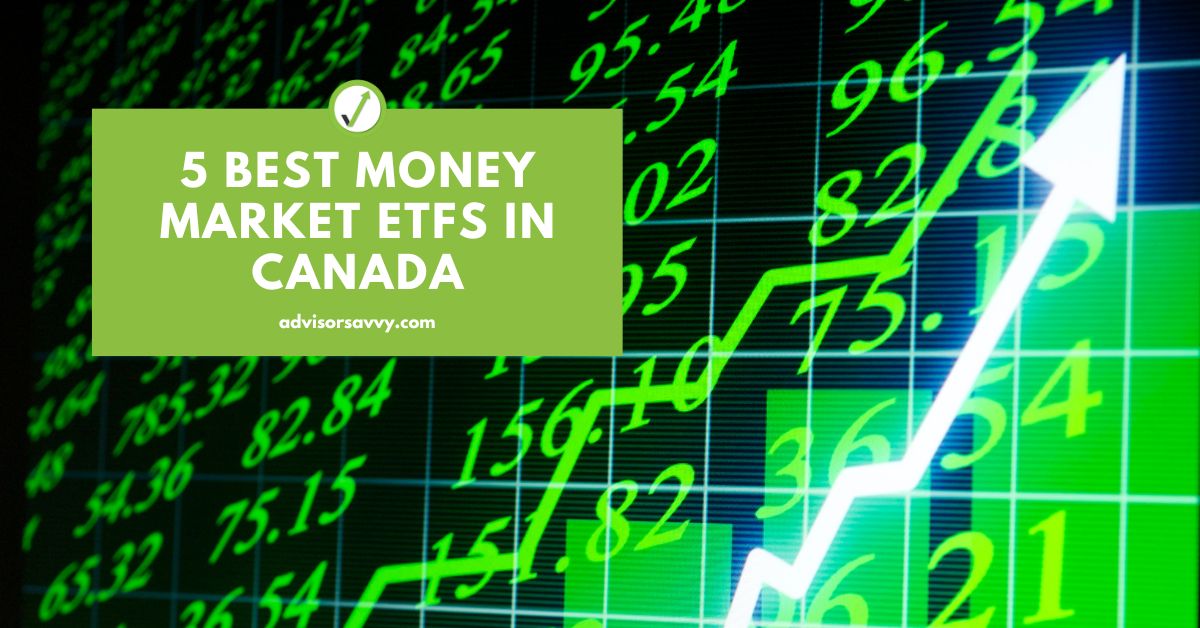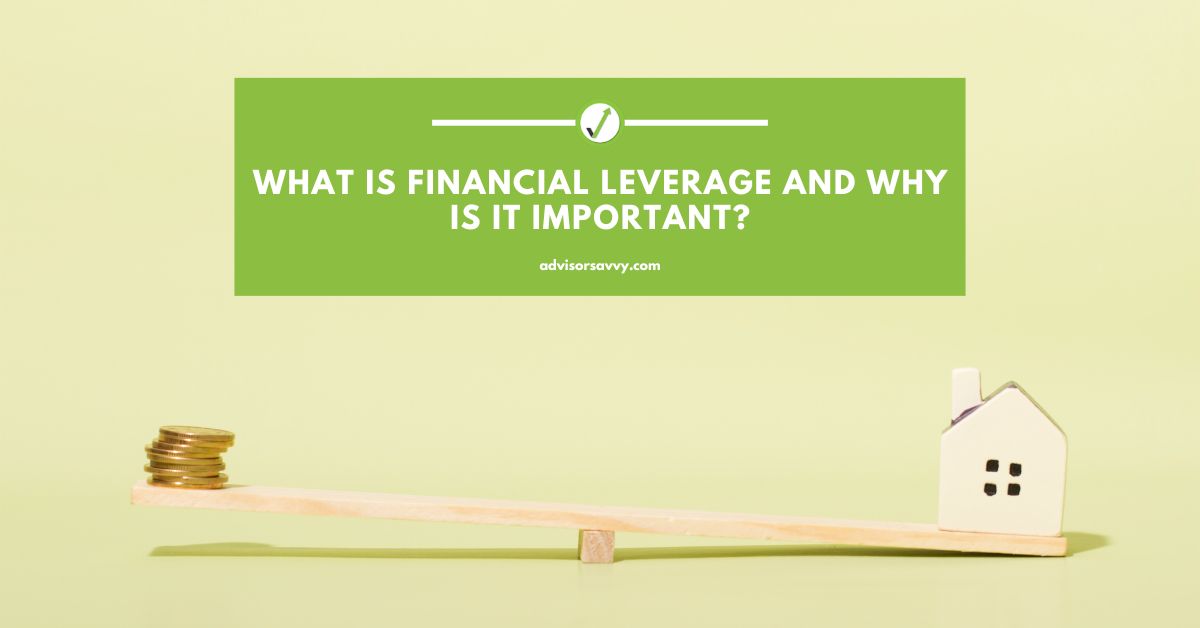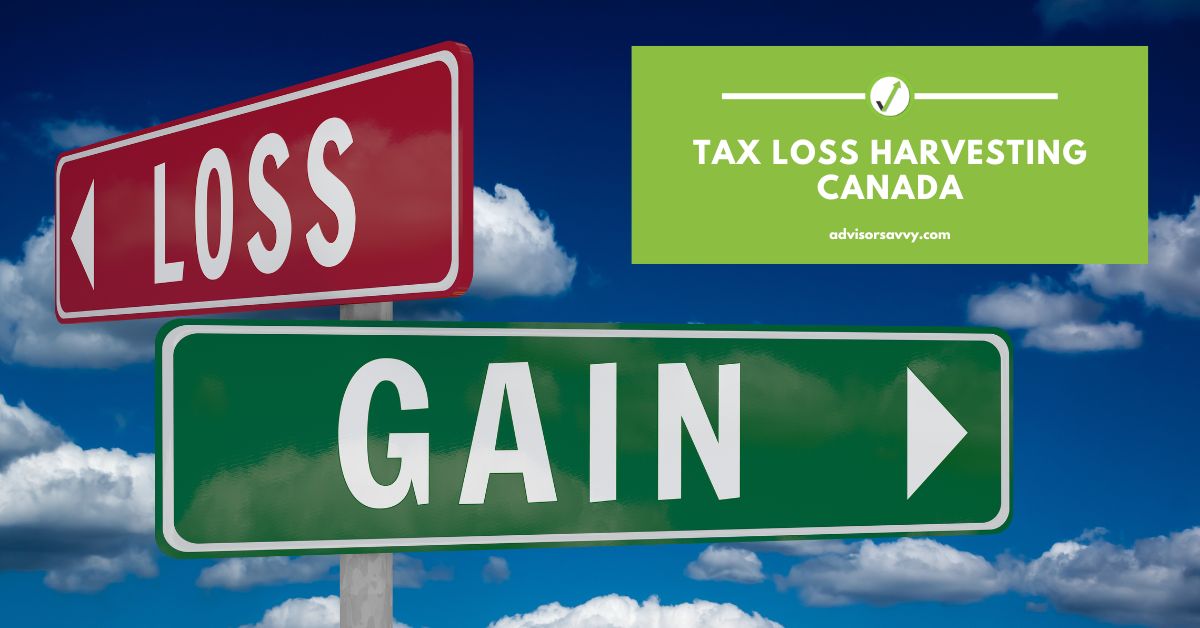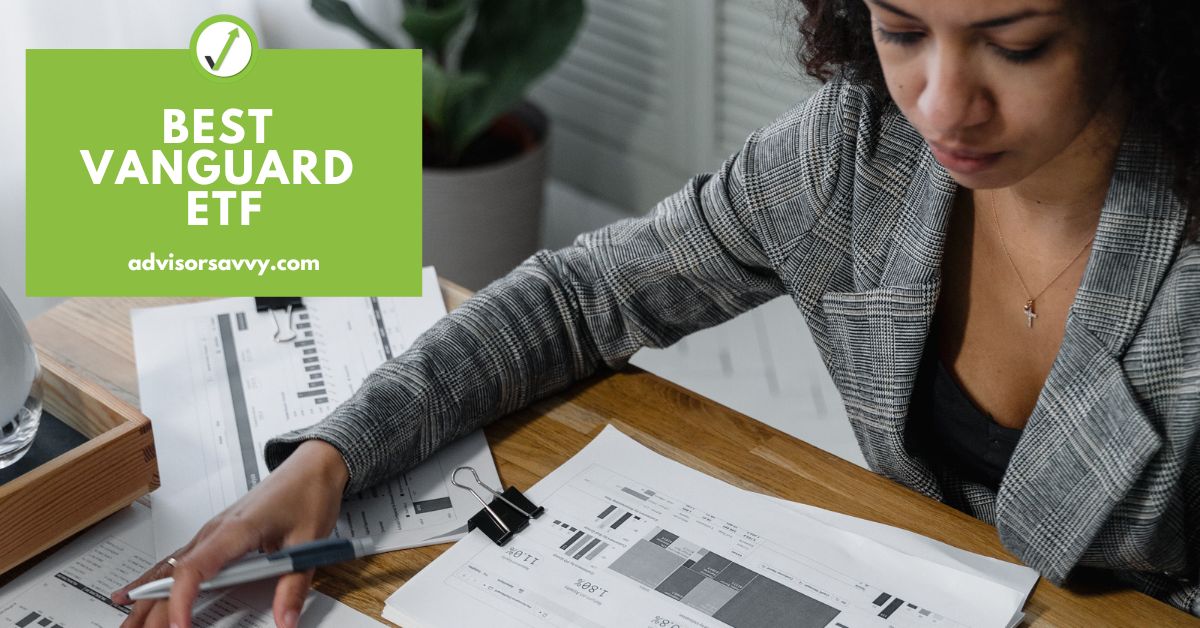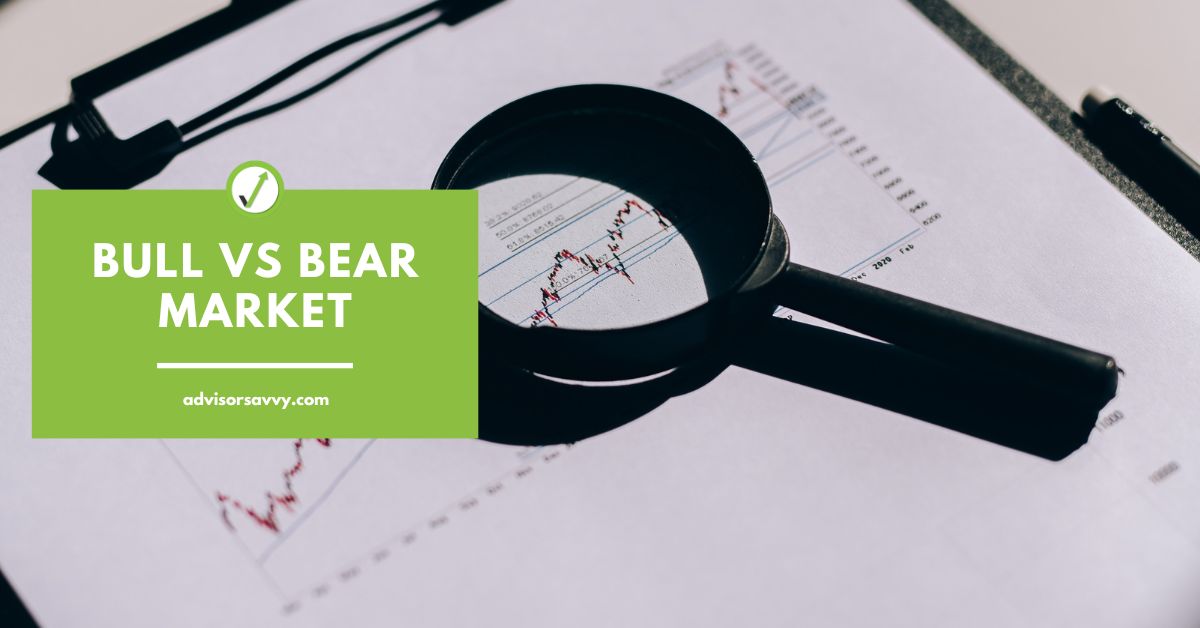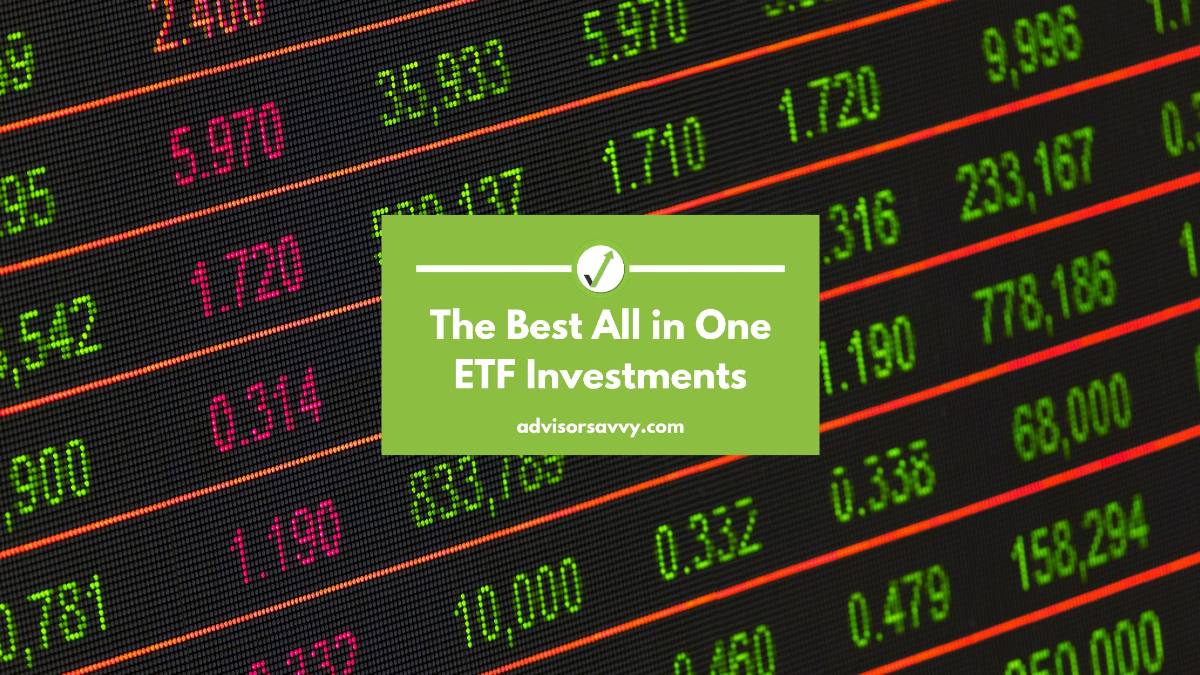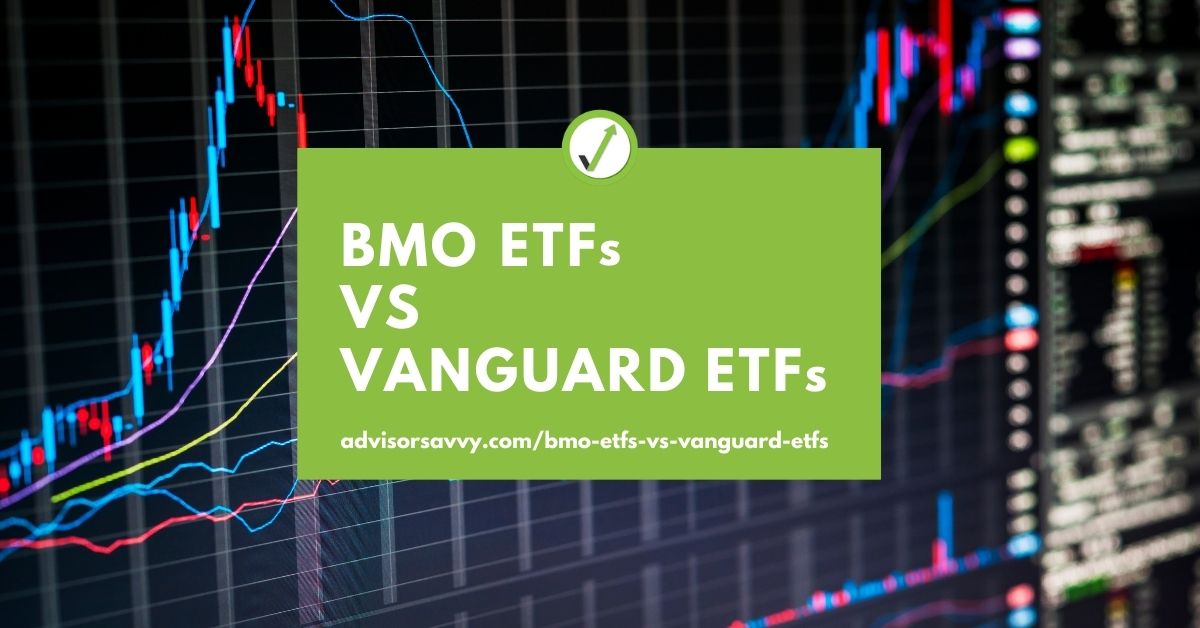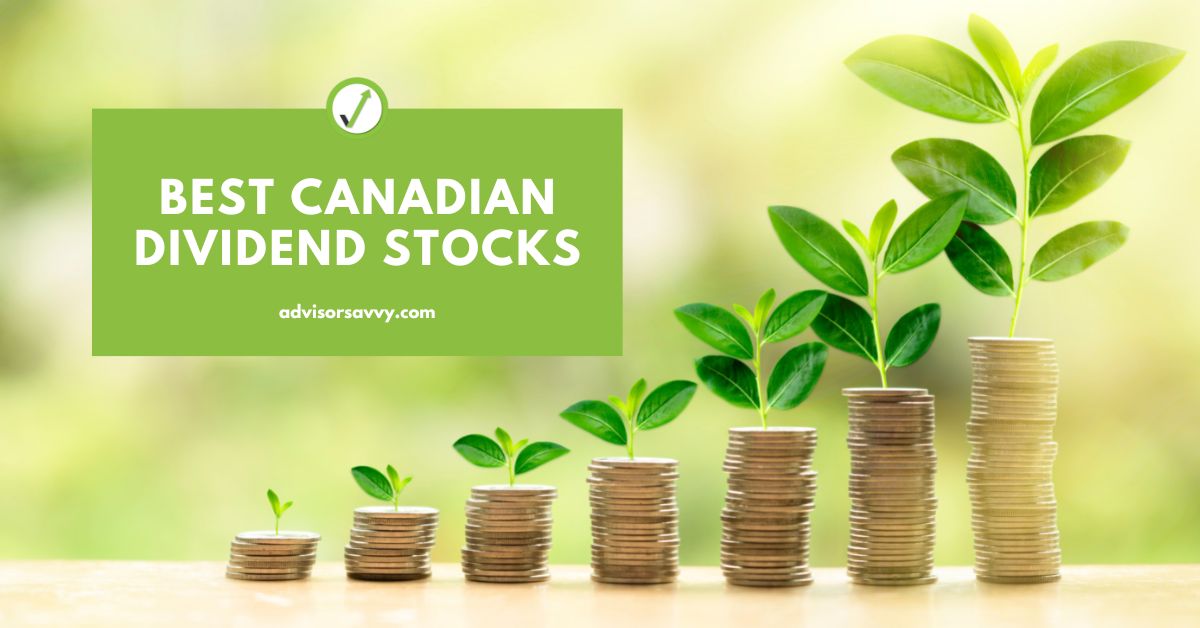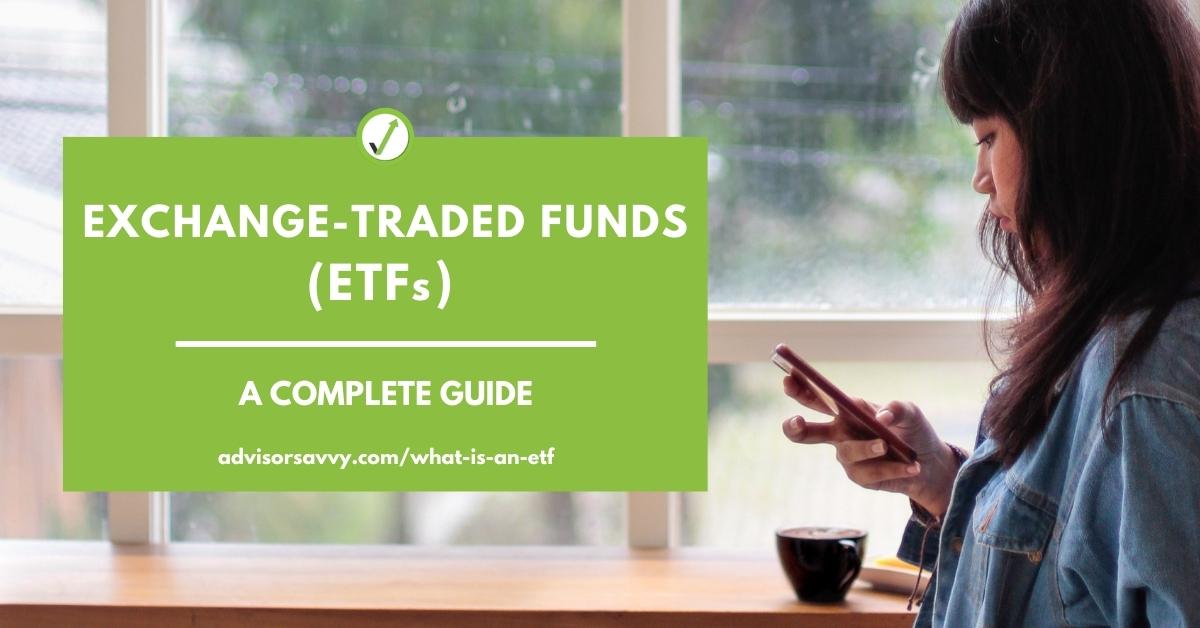10 Best Mutual Funds Canada
If you’re looking for a solid investment option to begin your investment journey or diversify your portfolio, mutual funds are a great choice. With so many different funds to choose from, it can be tricky to know which ones are the best, especially if you’re new to mutual funds. Here is a list of the 10 best mutual funds in Canada, based on performance and stability. If you’re ready to start investing, be sure to check out one or more of these funds! What is a mutual fund? A mutual fund is an investment vehicle that pools money from numerous investors. The funds are used to invest in a portfolio of securities. These can include stocks, bonds, and other assets. Mutual funds are managed by a professional money manager who makes decisions about where to invest the funds. The fund’s performance is dependent on the performance of the underlying securities. Mutual funds offer investors several advantages. They provide diversification, which
Continue reading

